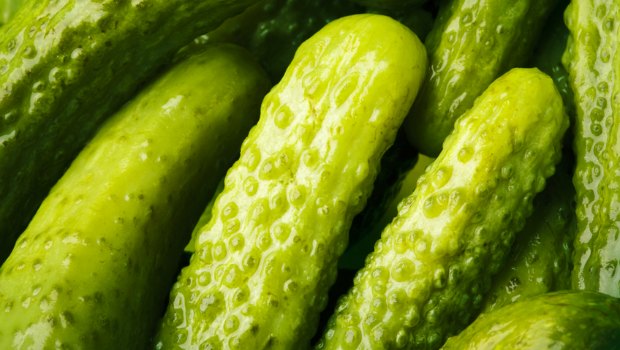
Astaxanthin
Those of you who follow me know that I'm crazy about this super-antioxidant. Found in marine life such as micro-algae, krill, salmon and crustaceans, astaxanthin is a fat-soluble carotenoid compound that can permeate all tissue in the body. It provides the pink color in salmon and also the red in cooked shell fish. I'm now in my 60s, and I've had my share of sun damage and damage from training, but I've also had my share of healthy practices, and this super-antioxidant is on the top of the list. It's anti-aging and also good for the eyes. Due to its unique bioavailability, it is critically important for athletes. For example, it can cross the blood-brain barrier, a trick that anti-oxidants like beta-carotene is unable to perform, a value being that astaxanthin can help protect the brain from oxidative stress. It's also unique in that Astaxanthin performs a powerful "mopping up" effect of the damaging free radicals caused by our repeated workouts. Lab research has shown it to be hundreds of times more potent than vitamins E and C and coenzyme Q10 (800 times more so!), and even the Gatorade Sports Science Institute independently demonstrated its efficacy in a 2011 study.
Sources and use: I personally recommend 8-12 mg daily of BioAstin's natural astaxanthin. Ironically enough, BioAstin is made in Hawaii, on the Big Island, and near the Natural Energy Lab.

Probiotics
The brain-gut connection has become a huge focal point for nutrition research, and is a critically important topic in regards to the health of the gut microbiome. Listening to a 'feeling in your gut' is supported by biology when considering that 100 million nerve cells line the intestinal tract (called the enteric nervous system). According to the McDonnell Genome Institute the number of genes in the various species represented in our microbiome likely exceeds the number of our human genes by two orders of magnitude. A gut with healthy bacteria is an important key to optimal physical, mental and emotional health, promoting well-being and longevity in many ways. With a high intake of beneficial probiotic food, the gut's messaging system to the brain adds vitality, health and improved recovery from any bout of environmental stress. Probiotics help you absorb vitamins and minerals, and they limit inflammation.
Sources and use: My favorite dietary sources of probiotics are kefir and fermented foods like sauerkraut, pickles, cabbage, onions and scallions. Your body has billions of probiotic cells but they fall victim to pesticides, pollution, antibiotics and hard training. I like to supplement with probiotics, and my recommendation is to take 30 billion probiotic cells in one capsule every day.
Editor's Note: The following piece was originally published on Scott's blog at Davescottinc.com—where you can find a treasure trove of hard-edged recommendations and advice to enhance your enjoyment of triathlon. In future issues of LAVA and on Lavamagazine.com, Dave will be answering questions from readers on all things related to nutrition, training, recovery and the science of performance. Send your questions for Dave to tjmurphy@lavamagazine.com. If your question is selected and published, we'll ship you a swag package in appreciation.
Ready to swim, bike and run? Find your next triathlon here.


